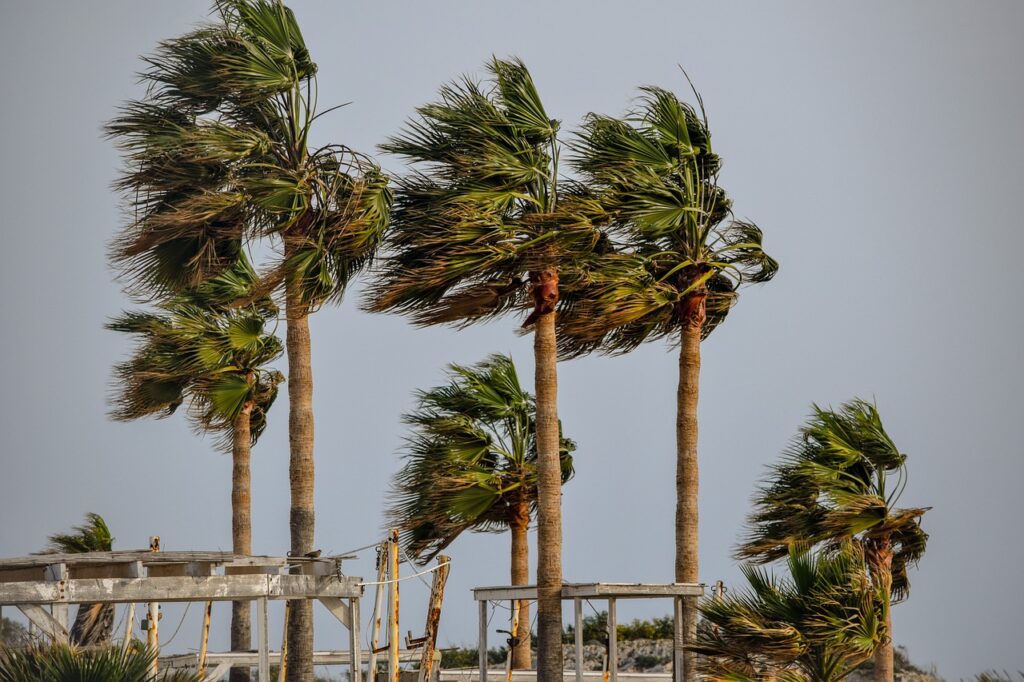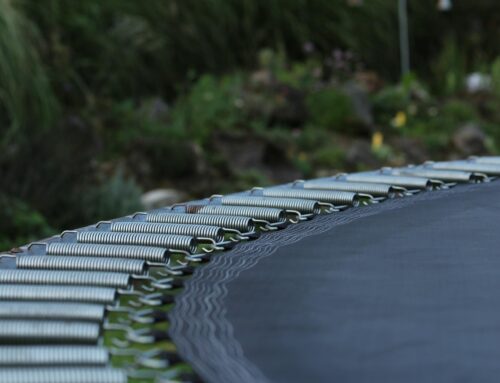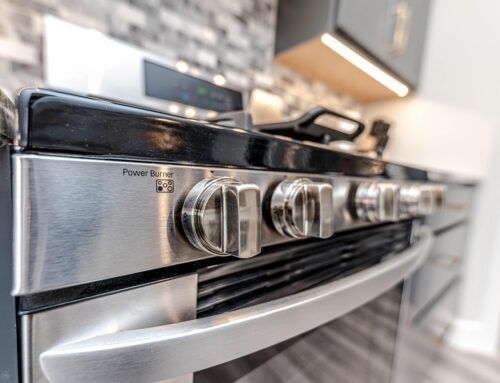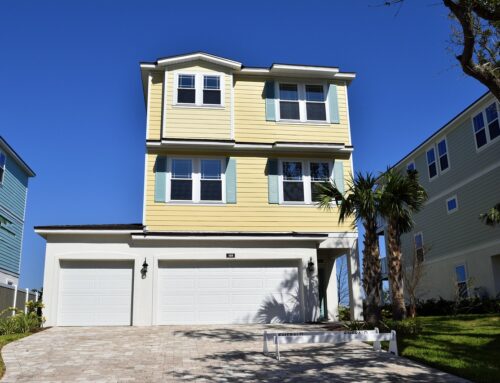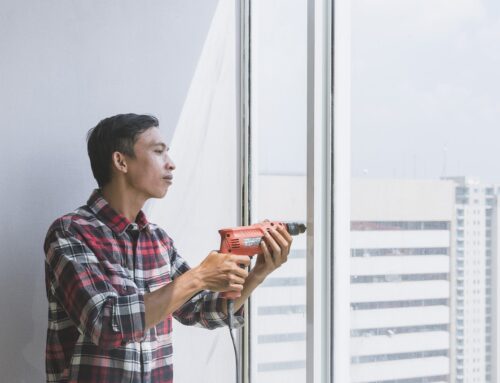The days following a hurricane in Florida are often hectic, as a large part of the population is getting back on their feet and deciding what to do next. Many people don’t know exactly what to do after a hurricane to navigate the claims process, especially if a massive storm has never directly impacted their property. To help make sure you’re able to figure out your current insurance needs and become well-prepared for the next hurricane season, we’ve outlined some basic steps to take when dealing with insurance and best practices to keep your coverage effective and sufficient.
What to Do After a Storm to Maximize Your Insurance Coverage
Once a hurricane has passed, the first step is to prioritize safety. But after you and your loved ones are secure, there is more to do regarding insurance, repairs, and recovery:
- Document the Damage Immediately: As soon as it’s safe, start documenting all the damage to your property through clear, timestamped photos and videos of every affected area. Start with the most significant damage, but make sure to look at the house’s exterior, roof, windows, and interior damage caused by flooding or wind.
- Contact Your Insurance Company Right Away: Don’t wait to contact your insurance company and tell them about the damage, even if the hold times are a bit long. Most policies require policyholders to take quick action and provide notification of any loss, and waiting too long can impact the effectiveness of your claim. Be sure to give as much information as possible and ask for a claim reference number. During this call, clarify what steps you should take next, as different providers may have different guidance about what they expect.
- Prevent Further Damage: Insurance companies typically expect homeowners to take reasonable, reactive measures to prevent further damage after a storm. You may need to cover broken windows, place a tarp over a leaking roof, or dry out wet areas to limit mold. Keep all receipts for any materials or services you use to temporarily secure your home, as these may be reimbursed in your claim.
- Be Cautious About Repairs: While you might be eager to start repairs immediately, waiting for your insurance adjuster to inspect the damage first is important. Making major repairs before the adjuster arrives can complicate your claim and could even lead to denied coverage. However, as we mentioned previously, some temporary repairs to protect your home from further damage may be okay – just be sure to document everything and save receipts. Sometimes, your provider may allow you to begin repairs, though they will need to see photo and video evidence later.
- Meet with the Adjuster: Your insurance provider will send an adjuster to assess the damage in-person when manpower permits, which may take some time after a huge storm like Helene. Be present when the adjuster visits your property and provide them with your documentation (photos, videos, and receipts). Walk them through all the damage and point out any areas that need attention. It’s in your best interest to be thorough and to guarantee the adjuster sees the full scope of your loss.
- Review the Settlement Offer Carefully: After the adjuster’s report, you’ll receive a settlement offer from your insurance company. Carefully review the offer and make sure it reflects the actual cost of repairs. If you believe the offer is too low, you can challenge it. You can ask for a second opinion from an independent adjuster or provide additional evidence to support your loss claims.
- Keep All Correspondence: From day one, keep copies of all communications with your insurance company, including emails, letters, and notes from phone calls. If any disputes arise regarding the claim, you will be glad to have this documentation handy.
The best way to ensure a smooth claims process and start repairing your home is to follow these general steps, adjusting your strategy depending on what you hear from your provider. But what if your policy isn’t sufficient to cover the property damage you just sustained due to Hurricane Helene?
Once the immediate recovery process is under control, you should review your policy to make sure that any deficiencies are not covered during this storm and taken care of next time something happens. In general, Florida homeowners should consider:
- Flood insurance, if they were not covered during this hurricane
- Higher coverage limits, if your policy cannot provide enough funds to repair the damage to your home
- Hurricane Deductibles, which may help you save money after the next storm
Don’t wait until a hurricane is approaching to make changes, as many insurers will not let you adjust your policy once a storm is on the radar. Contact the home insurance experts at Anderson & Associates Insurance Group today to discover your insurance options and get help selecting the best policy.


